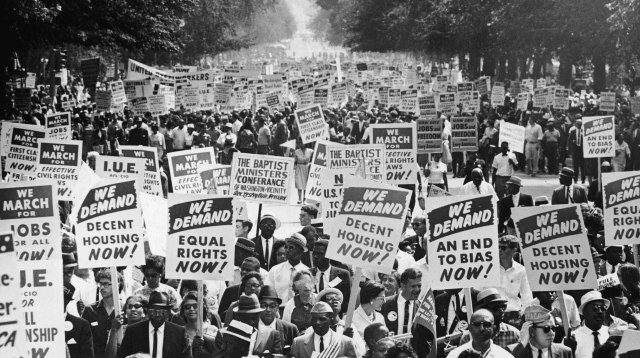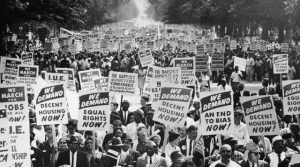Cheers to the New Gen: Ogden on Georgia’s Swinging Sixties
OPED
The Georgian pride in the national culture and history is one of the first things that foreigners are confronted with on arrival. After listening to the inflated toasts of Georgian men dedicated to the past achievements of their country, one could easily be forgiven for thinking that it was Georgia, not Britain, which had once ruled the largest empire on the planet, or that all the things we hold dear – such as democracy, the motor car and the Xbox - had all been invented by Georgians.
Foreigners often take to blogs or social media to complain about the prevalence of homophobic or sexist attitudes in the country, and there’s no doubt that Georgia still has some way to go before these sorts of issues are a thing of the past.
But soon enough, I hope they will be.
It seems to me that foreigners are often quick to idealize their homelands, forgetting that sexism and homophobia (to take two examples) are still rampant in the West. When Americans and Europeans talk about how the Tbilisi Gay Rights march of 2012 - which was violently dispersed by priest-led Georgians - would never have been assaulted in the West, I’m not inclined to agree. Oh, it would never have happened in central London or New York, but it’s not hard to imagine such a rally suffering a similar fate in parts of Birmingham, Manchester or Bradford. In fact, the worst man I ever met in Georgia was homophobic, sexist, racist…and American, every bit as bad (and worse) as the traditional Georgian men he despised.
But I suppose the main point of the attacks on the 2012 rally is that it wouldn’t have happened in a Western city center as it did in the middle of Tbilisi. Still, my point is that foreigners in Georgia coming across these sorts of attitudes first-hand - mentalities that they don’t associate with their own countries because they don’t reflect their own background – can start to think that the West is completely free of intolerance and segregation, and that homophobia, racism and sexism belong to their grandparents’ generation.
Incidentally, that is what really gives me hope for the future. The young Georgians that I know who are of a similar background to myself – by which I mean educated, open-minded and strikingly attractive – hold the same beliefs towards the contentious issues as most Westerners do. Incidents such as the attack on the 2012 rally are as abhorrent to them as they are to me; more so, in fact, since it happened in their country.
There is, really, a very easy way to think about it all; Georgia’s 1960s are just starting.
The next generation of educated people will not (or do not, I should say) have strong memories of the turmoil of the 1990s; in addition, the Soviet period will be as much a part of history as the reign of David the Builder or Queen Tamar, and so political and economic comparisons between the present and the past will become even more redundant than they are now. Incidents such as the attack on the Anti-Homophobia rally will (I hope) be seen as the actions of a few bigoted morons rather than ‘the Georgians’.
The next generation seem to be Georgian in all the right ways. For me, there is nothing wrong with patriotism, providing it falls short of nationalism; as tedious as the supra toasts of old men might be, in Britain things have gone too far. Our culture is being systematically abandoned, our history forgotten at best and misremembered at worst. I would not like to see similar things happen in Georgia.
I’m optimistic that the next few decades will give us leading Georgian citizens who keep one eye on the past to make sure that it isn’t forgotten, but stop short of trying to drag it into the future and force a medieval mentality onto a modern country. My fingers are crossed for Georgia’s 1960s. Providing we avoid equivalents of JFK’s assassination and the Cuban Missile Crisis, everything will be fine.
Tim Ogden












